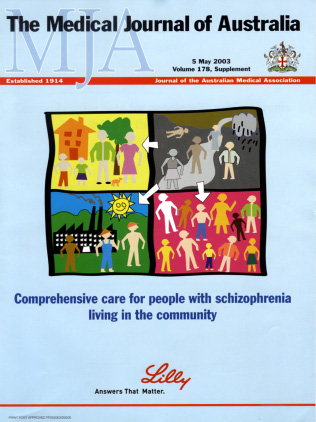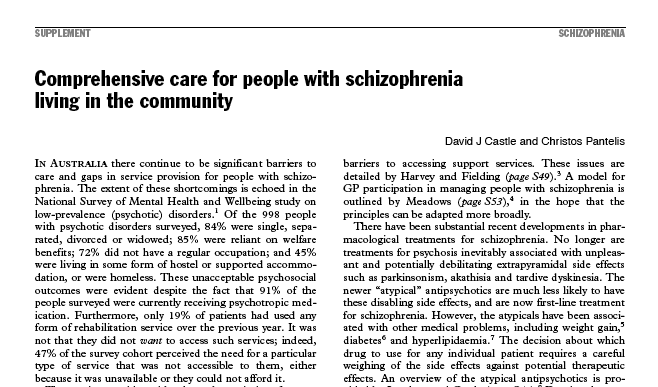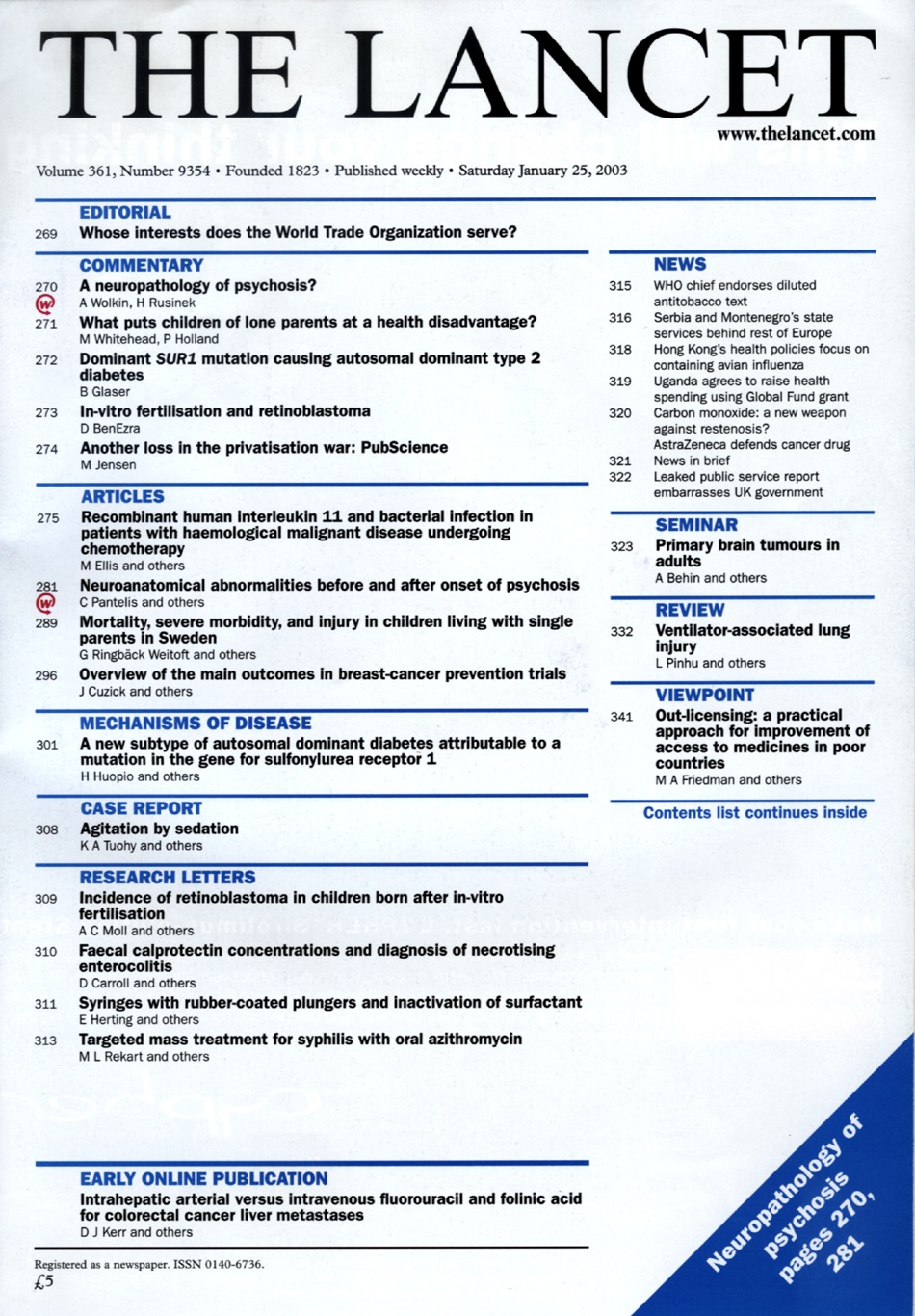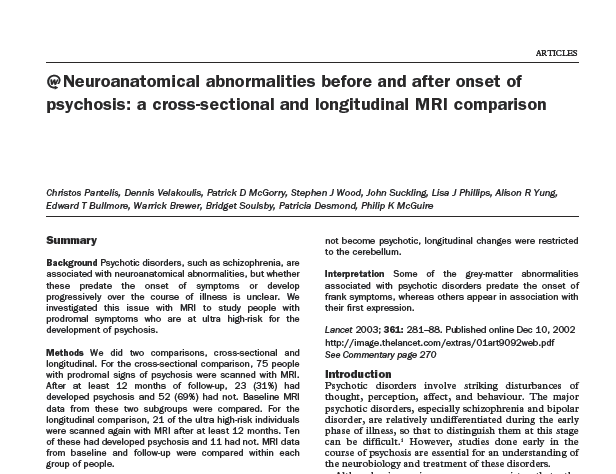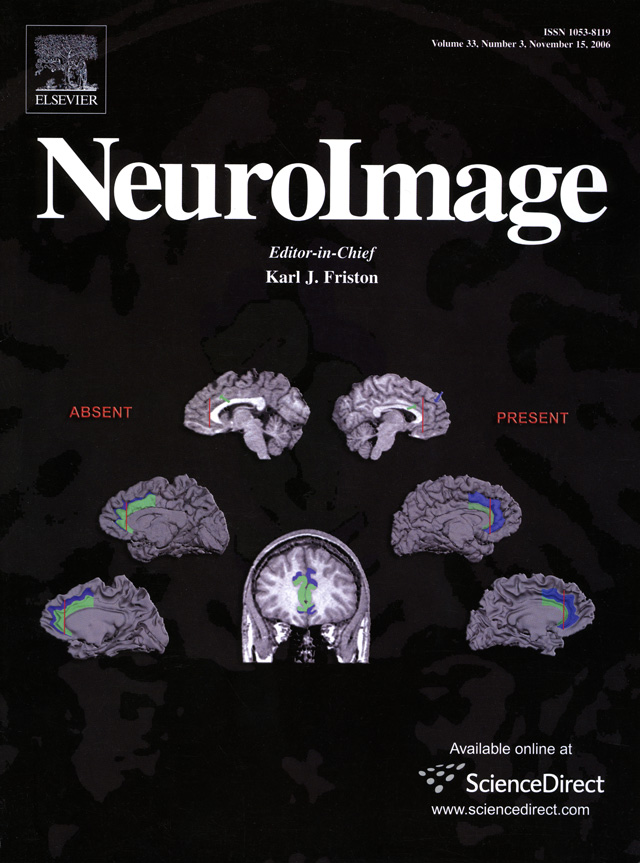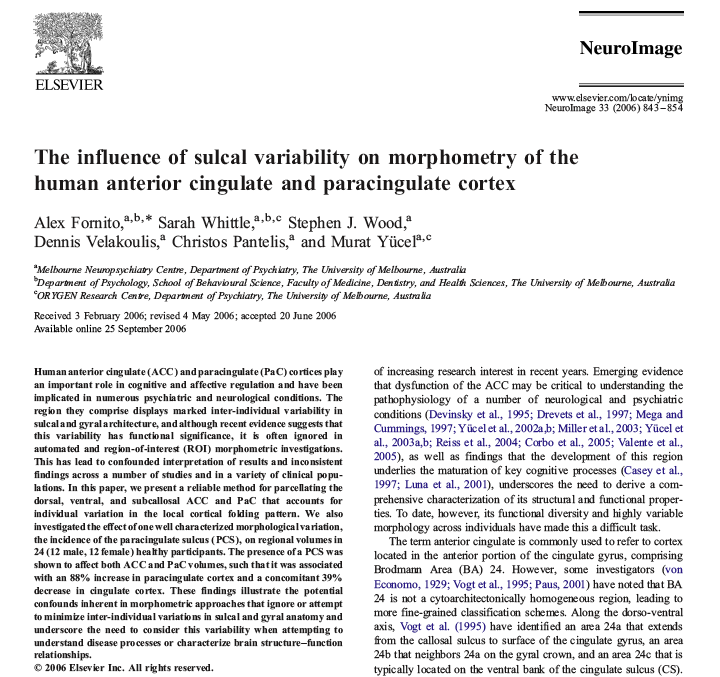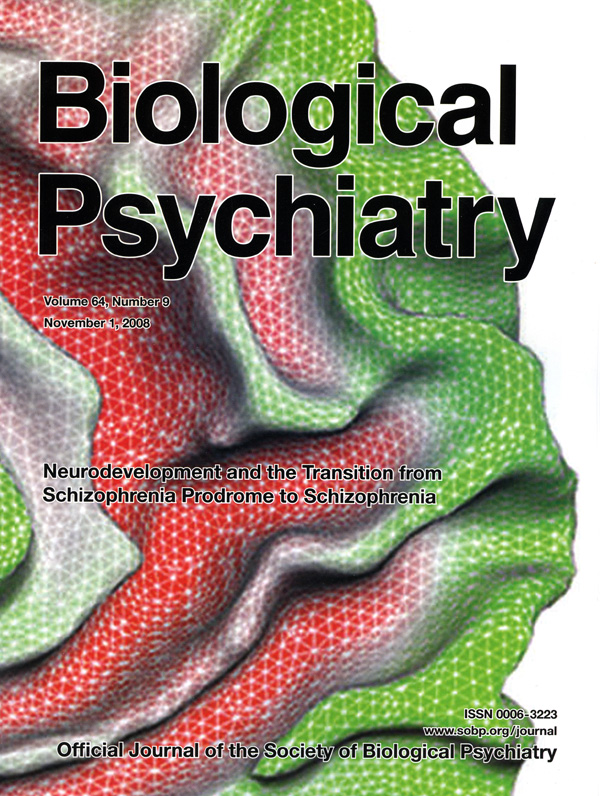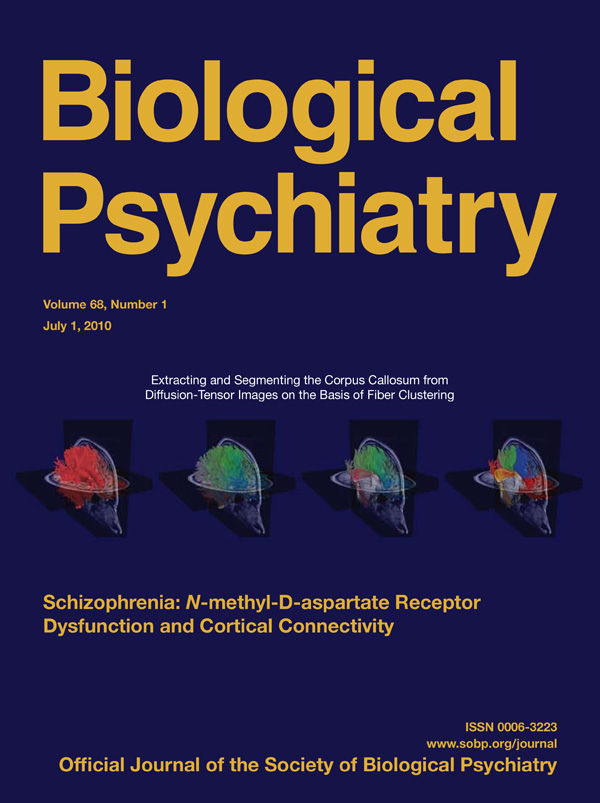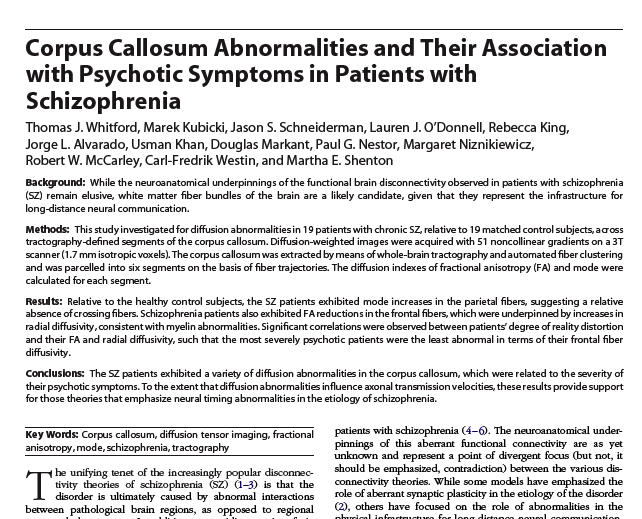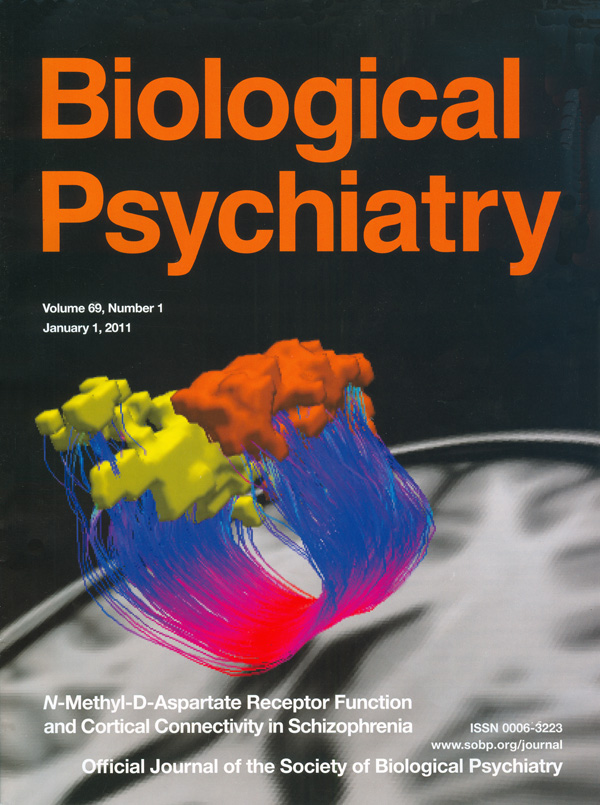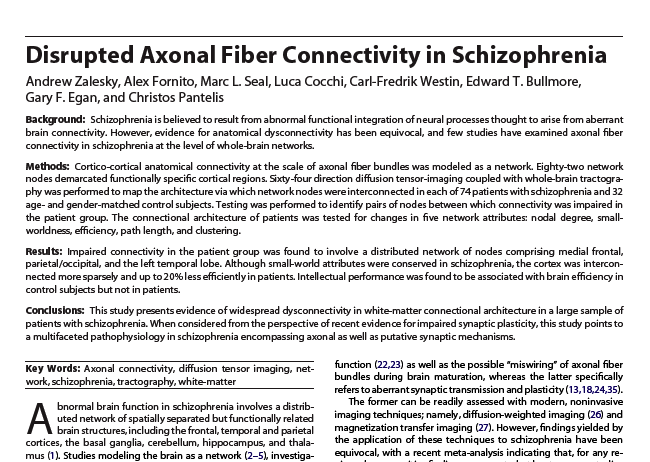Who We Are
- About Melbourne Neuropsychiatry Centre
Melbourne Neuropsychiatry Centre (MNC) is a joint centre of Melbourne Health (North Western Mental Health) and The University of Melbourne (Department of Psychiatry).

It comprises the Neuropsychiatry Unit at Royal Melbourne Hospital (RMH), the Cognitive Neuropsychiatry Unit and Adult Mental Health Rehabilitation Unit at Sunshine Hospital, and the Neuropsychiatry Imaging Laboratory located at the Alan Gilbert Building within The University of Melbourne, Parkville campus. This website provides an overview of the major activities, scientific achievements and key publications that led to the creation of the Centre.
The goals of MNC are:
- To improve our understanding of disorders of the brain and mind
- To improve the quality of care for patients with complex mental health problems and disorders
- To establish a Victorian neuropsychiatry centre of clinical, research and academic excellence, which ensures that specialised knowledge and skill become part of everyday clinical practice
- To provide neuropsychiatric training and education to mental health professionals and other health disciplines
- What is Neuropsychiatry?
Psychiatry is the branch of medicine that deals with the diagnosis, treatment, and prevention of mental and emotional disorders. Psychiatrists use multiple diagnostic and treatment modalities that incorporate biological, psychological and social approaches. Neuroscience involves basic science investigating the structure and function of the brain and nervous system.
Neuropsychiatry is the interface between basic and clinical neuroscience and psychiatry.
It includes:
- Neurobiological approaches to the study and treatment of psychiatric disorders (Biological Psychiatry)
- The understanding of disorders in which cerebral or systemic pathology contributes to the mental state (Organic Psychiatry)
The staff at MNC focus on furthering our understanding of neurobiological, psychiatric and psychological factors involved in mental illnesses, through the application of new knowledge acquired from research in a clinical (patient-based) context. Research innovations are made possible by the specialised approach of MNC researchers across a number of disciplines. This includes fields as diverse as neuroscience, psychiatry, neuropsychology, genetics, statistics, medical imaging, mathematics, physics, engineering, and information technology. Together with the most recent advances in medical imaging and information technology, we are now better placed to understand the structure and functioning of the brain in health and illness than ever before.
- Why is this field so important?
Mental health is becoming increasingly important because disorders of the brain and mind (neurological and psychiatric conditions) and their sequelae pose the largest health, economic and social capital burden to Australia of any disease group. According to the Department of Human Services, by 2016 disorders of the brain and mind will represent the highest health burden in Victoria. Burden of Disease Studies; Morbidity and Mortality. DHS, 1999
In 2003 Prof Pantelis was part of a Prime Ministerial Science Engineering & Innovation Council (PMSEIC) working group to advise the Prime Minister on 'Disorders of the Brain and Mind'. The full report (available at www.dest.gov.au) highlighted the burden of disease issues relevant to schizophrenia and revealed the extent of the ongoing social and functional disabilities that affect these patients and their quality of life, where in any one month, some 58,000 Australian adults with schizophrenia or another psychotic illness will be in contact with mental health services.
MNC Reports
- Download the 2017 MNC Report
- Download the 2011 MNC Report
- Download the 2006 MNC Report
Publications
- PubMed-Listed Publications
- View all MNC publications from : Janurary 2012 to April 2017
- Publications (Pre-2011)
- Books



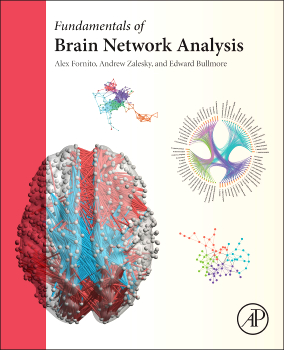
- Journal Covers & Special Articles
